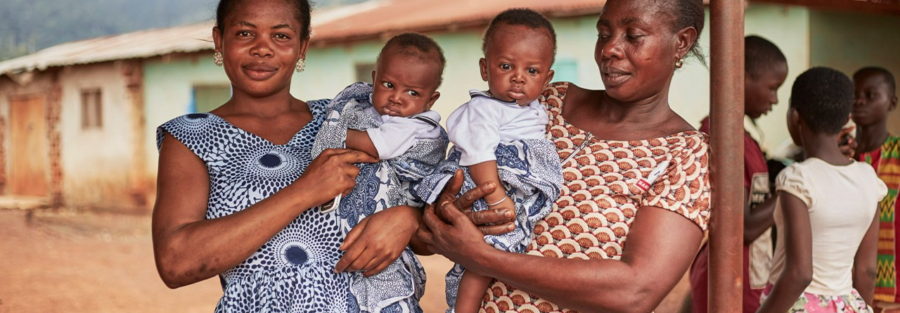Access and uptake of sexual and reproductive health (SRH) information and services such as the use of contraception for men, women, and adolescents is considered a fundamental human right. The World Health Organization (WHO) defines Family planning (FP) as “the ability of individuals and couples to anticipate and attain their desired number of children and the spacing and timing of their births through the use of contraceptive methods and the treatment of involuntary infertility”. Access to FP is crucial to avoid the adverse health and socioeconomic consequences of sexually transmitted infections (STIs) and unintended pregnancies such as unsafe abortions, maternal and child morbidity, and mortality whilst promoting satisfying sexual experiences.
Beyond health and well-being promotion, FP is strongly linked to land and ecological stability, socioeconomic independence, growth, and sustainability for individuals, families, communities, and societies. In spite of these benefits, universal access and voluntary uptake of FP are not guaranteed in several countries, particularly in Low-and-Middle-Income Countries (LMICs). A wide gap of unmet family planning needs persists with non-existent and or poor quality services availability while service delivery constraints remain in countries where they are available.
FP status in Ghana
The Ghana national family planning programme was established five decades ago to assist couples and individuals of all ages achieve their reproductive goals and improve their general reproductive health. In 2012, the prevalence of modern contraceptive use among married/in- union women was 22% while 17% had an unmet need for spacing. Also, there was a prevalence of 39% and 51% of unmet need for FP services among the currently married women and adolescents aged 15-19years respectively (GHS 2014). From Ghana’s 2021 health sector holistic assessment report, minimal progress was reported on FP, a key indicator of progress made in ensuring sustainable, affordable, equitable, and easily accessible healthcare services. The number of persons accepting to use family planning methods increased by 14% (2.2 million in 2020 to 2.5 million in 2021), bringing the national family planning acceptor rate to 33.8% with variations in acceptance persisting across the regions. Regional disaggregation revealed that close to half (7/16) of the regions had a lower family planning acceptor rate than the national rate (33.8%).
Clearly, the Ghanaian government has demonstrated full commitment to FP and reproductive health services. In 2012, Ghana became a signatory to the Family Planning 2020 (FP2020) and committed to increasing modern contraceptive use among married/in-union women from 22% in 2012 to 30% in 2020. In addition, the government continues to support FP and reproductive health services through strategic access, delivery expansion, and inclusion of FP services in the National Health Insurance Scheme (NHIS) benefits package across all levels of healthcare. However, much remains to be done.
Factors affecting accessibility and uptake of FP in Ghana
Several factors contribute to the slow progress in accessibility and uptake of FP services in Ghana. To begin, the less-than-optimum targeted funding for FP services. The health commodities budget line which was created to provide a basket of funds accessible by all health programmes including family planning is quite a broad umbrella. Targeted allocation needs to be made for FP to achieve the desired goal of universal access. Despite the fact that FP has been integrated in Ghana’s NHIS benefit package, the question remains if the community health planning services (CHPs) and local health centres are fully equipped and functional to provide these services, particularly in rural areas. In addition, the persistence of inadequate and incorrect knowledge of modern contraceptives, further exaggerated by inaccurate reports of side effects, immediate or long-term health issues, and unfavourable prejudices about people who use FP intercepts accessibility and uptake.
Way Forward
Educational initiatives through various media platforms and inclusion of age-appropriate information in school curriculum are critical means of dispelling widespread misconceptions and myths about modern contraceptives. Importantly, FP should not be a “women’s headache” alone, male contraceptive options should be readily available. Likewise, male support and involvement at all levels of society need to be encouraged through the engagement of male opinion, community, and religious leaders.
Further, global shreds of evidence demonstrating improved access and uptake of FP as one of the most rewarding investments any country can make should keep the Ghanaian health stakeholders on their toes. Holistic, multifaceted, and collaborative strategies must be adopted to ensure continued policy review, funding, and management of initiatives that will ensure universal access and better uptake of FP services—and ultimately, realizing UHC in Ghana.



